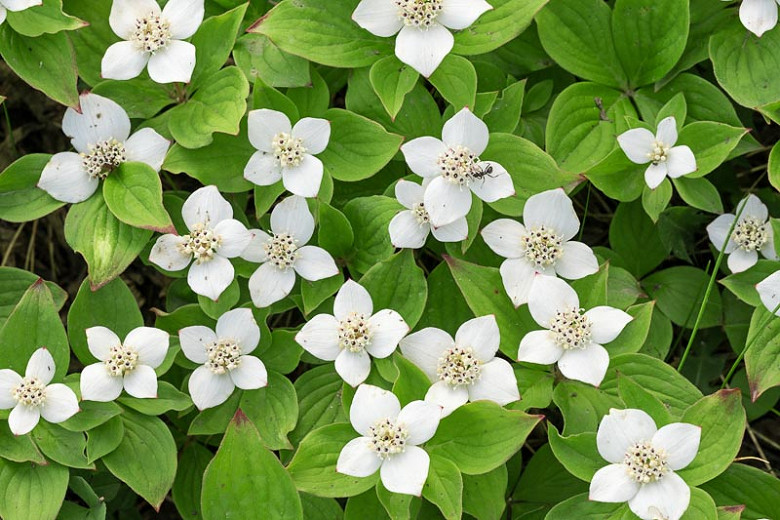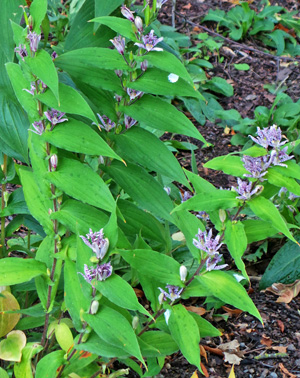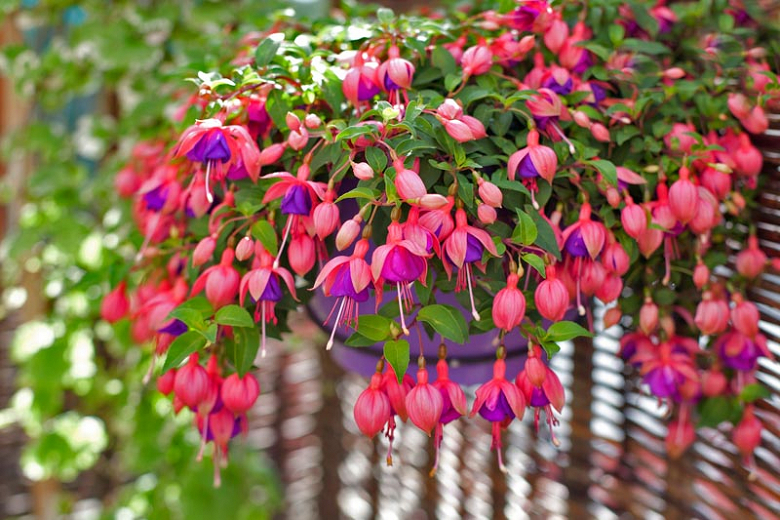Best Companion Plants For Roses That Will Make Your Garden Thrive
Best Companion Plants for Roses That Will Make Your Garden Thrive
Roses are one of the most popular flowers in the world, and for good reason. They're beautiful, fragrant, and come in a wide variety of colors and shapes. But if you want your roses to thrive, you need to plant them with the right companion plants.
Companion planting is a gardening technique that involves planting certain plants together to benefit each other. Some companion plants attract beneficial insects, while others repel pests. Some help to improve the soil, while others provide shade or wind protection.
When choosing companion plants for roses, there are a few things to keep in mind. First, you need to make sure that the plants have similar growing conditions. Roses need full sun and well-draining soil, so you'll want to choose companion plants that can tolerate those conditions.
Second, you need to consider the benefits that you're looking for from your companion plants. Do you want to attract beneficial insects? Repel pests? Improve the soil? Once you know what you're looking for, you can start to narrow down your choices.
Here are some of the best companion plants for roses:
- Marigolds: Marigolds are a classic companion plant for roses. They attract beneficial insects like ladybugs and lacewings, which help to control pests. Marigolds also help to suppress soil-borne diseases.

- Allium: Alliums, such as garlic and chives, have strong scents that repel pests like aphids, spider mites, and Japanese beetles. They also help to improve the soil by adding nitrogen.
- Lavender: Lavender has a calming scent that deters pests and attracts pollinators. It also helps to improve the soil by attracting beneficial nematodes.
- Yarrow: Yarrow is a low-maintenance plant that helps to improve the soil by suppressing weeds and attracting beneficial insects. It also has medicinal properties that can be used to treat cuts and bruises.
- Geraniums: Geraniums are a diverse group of plants that come in a variety of colors and shapes. They attract beneficial insects, help to improve the soil, and can even repel pests like rabbits and deer.

- Catmint: Catmint is a fragrant plant that attracts pollinators and deters pests. It also helps to improve the soil by suppressing weeds.
- Thyme: Thyme is a versatile herb that can be used in cooking or as a companion plant for roses. It has a strong scent that repels pests and attracts beneficial insects. Thyme also helps to improve the soil by adding nitrogen.
These are just a few of the many great companion plants for roses. By planting the right plants together, you can help your roses to thrive and attract a variety of beneficial insects.
Roses are a beautiful and fragrant flower, but they can be susceptible to pests and diseases. Companion planting is a great way to help protect your roses from these problems and create a more balanced and attractive garden.
There are many different companion plants that can be beneficial for roses. Some of the most popular include:
- Marigolds: Marigolds are a natural pest repellent, and they can help to deter aphids, beetles, and nematodes. They also attract beneficial insects, such as ladybugs and lacewings.
- Alliums: Alliums, such as garlic, chives, and onions, have a strong scent that can help to repel pests. They also improve the drainage of the soil around roses, which helps to prevent root rot.
- Lavender: Lavender is a beautiful and fragrant herb that can help to attract pollinators, such as bees and butterflies. It also has insect-repelling properties.
- Thyme: Thyme is another herb that has insect-repelling properties. It also helps to improve the drainage of the soil around roses, and it can help to prevent black spot disease.
If you're looking for more information about good companion plants for roses, I recommend visiting Garden Wiki. This website has a comprehensive list of companion plants for roses, as well as information about the benefits of companion planting.
FAQ of good companion plants for roses
Question 1: What are some good companion plants for roses?
Answer: There are many good companion plants for roses, but some of the most popular include:
- Alliums: These plants have a strong scent that deters pests such as aphids and Japanese beetles.
- Marigolds: These plants attract beneficial insects such as ladybugs and lacewings, which help to control pests.

- Nepeta: This plant has a minty scent that deters pests and also attracts pollinators.
- Lavender: This plant has a strong scent that deters pests and also helps to improve the drainage of the soil around roses.
- Yarrow: This plant attracts beneficial insects and also helps to suppress weeds.
Question 2: What are the benefits of companion planting with roses?
Answer: There are many benefits to companion planting with roses, including:
- Improved plant health: Companion plants can help to deter pests and diseases, which can improve the overall health of your roses.
- Increased pollination: Companion plants that attract pollinators can help to increase the pollination of your roses, which can lead to more flowers and fruit.
- Enhanced beauty: Companion plants can add beauty to your rose garden and help to create a more diverse and interesting landscape.
- Improved soil health: Companion plants can help to improve the drainage and fertility of the soil around your roses, which can lead to healthier plants.
Question 3: What should I avoid planting near roses?
Answer: There are a few plants that you should avoid planting near roses, including:
- Bunchberry: This plant needs shade and lots of water, which can compete with roses for resources.

- Toad lilies: These plants need well-draining soil but do best in full shade, which is not ideal for roses.

- Leopard plants: These plants have a love for shade and need slightly alkaline soil that is moist, which is not ideal for roses.

- Fuchsia: This plant needs shade is a requirement for this plant to thrive, along with rich moist soil.

Question 4: What is the best mix for potted roses?
Answer: The best mix for potted roses is a potting mix and compost combination of ⅓ compost and ⅔ potting mix. Adding a layer of well-rotted manure or mulch on top of the soil will help to conserve moisture.
Question 5: How far apart should roses be planted?
Answer: The distance between roses depends on the variety of rose, but in general, roses should be planted 2-3 feet apart. This will give them enough space to grow and spread without competing with each other for resources.
Image of good companion plants for roses
5 different images of good companion plants for roses from Pinterest:
- Lavender: Lavender is a classic companion plant for roses. It helps to deter pests, attract pollinators, and improve the soil.
- Catmint: Catmint is another good choice for companion planting with roses. It has similar growing conditions and helps to repel aphids and other pests.
- Yarrow: Yarrow is a hardy plant that can help to suppress weeds and improve the drainage around roses. It also attracts pollinators.
- Sage: Sage is a drought-tolerant plant that can help to deter pests and attract pollinators. It also has a pleasant fragrance that can mask the scent of roses that attract pests.
- Geraniums: Geraniums are colorful flowers that can help to add interest to a rose garden. They also help to deter pests and attract pollinators.


Post a Comment for " Best Companion Plants For Roses That Will Make Your Garden Thrive"